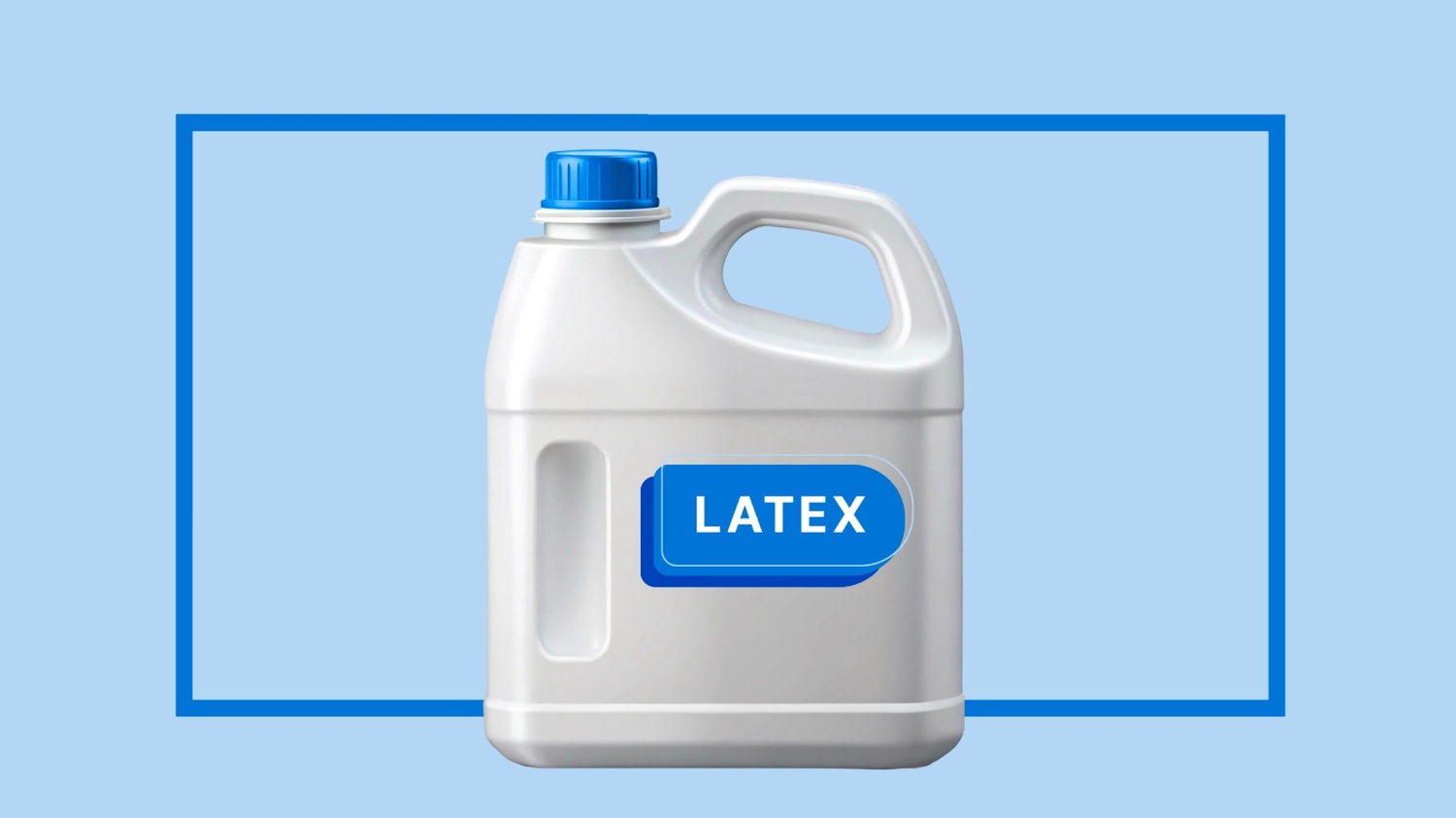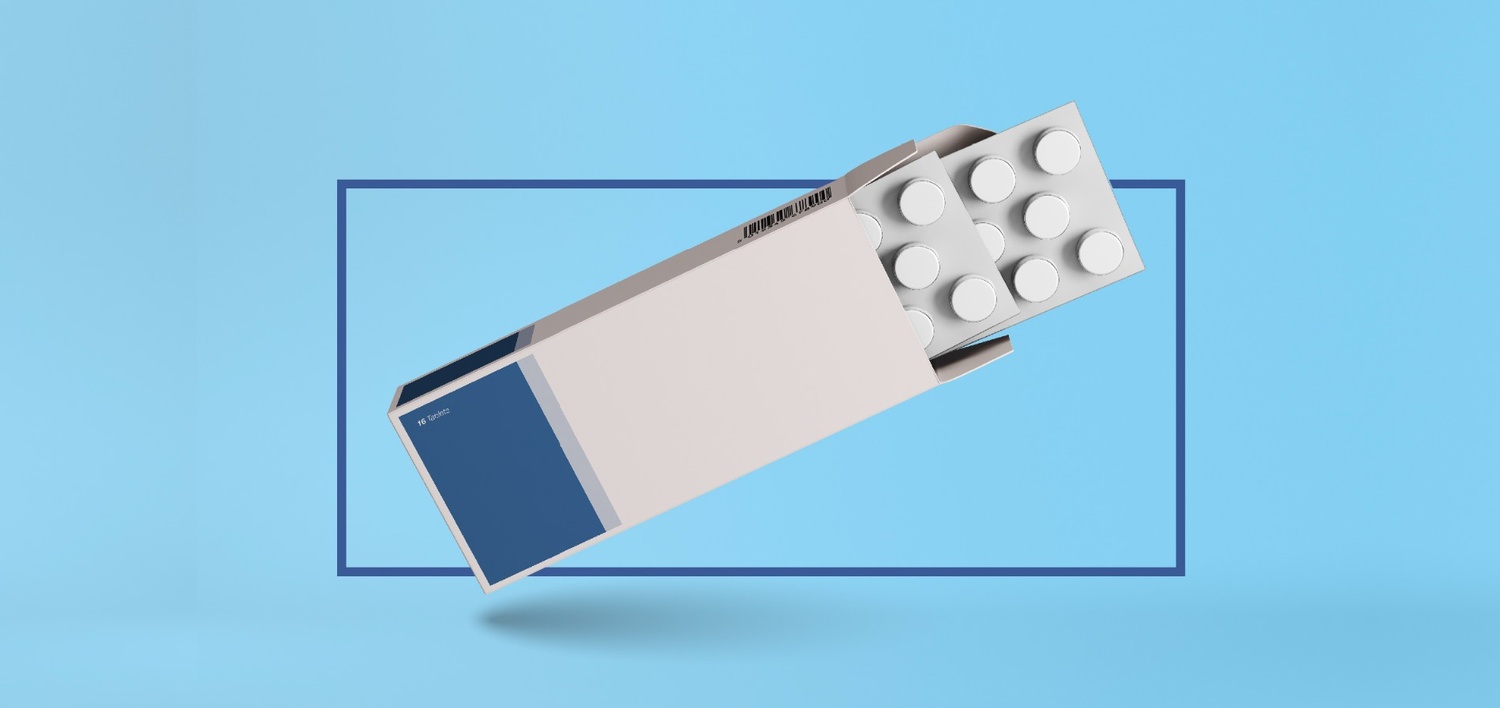The future of logistics? Logtech
.jpg)
You’ve probably heard of ‘Biotech’ or ‘Fintech’. But what about ‘Logtech’? And no, that’s not Logitech, the Swiss company that invented the mouse 40 years ago!
It’s no great revelation that technology is transforming pretty much every industry. Logistics is no exception. See how much change Amazon and Uber have brought to the last mile? Well, the same is happening all the way up the logistics chain. And Logtech companies like Aeler are at the forefront of this revolution.
The challenge is phenomenal though. First, Logistics is a colossal industry worth an estimated 5.75 trillion dollars (16.01.2021 Transport Intelligence article). Second, its landscape is rather complicated as it is made up of many fragmented value chains involving multiple stakeholders, often highly manual processes and asset-heavy, traditional business models. It’s also all-encompassing as it touches upon planning, forwarding, transportation, customs, fulfilment, distribution and more.
This probably explains why this industry has been said to be slow – initially – at switching from pen and paper to adopting new technologies. But with global transportation prices up, increased public scrutiny and the rise of Logtech, things are changing and they are changing fast.
What’s hoped is that these changes will create more value and cut costs, of course, and will help crack one of the industry’s biggest challenge: to reduce its environmental impact. That’s certainly our ambition here at Aeler where, every day, we work to convert our findings into practical applications for our customers and the planet. Here’s what we’re doing:
Introducing new materials
Composites have proven their strength and value in many sectors now. We’re using them to build a stronger yet lighter, more aerodynamic and naturally insulated container to replace the metal box that’s been around for more than 60 years now, virtually unchanged. These innovations cut CO2 emissions by 20% while allowing goods to be transported in a safer and better way.
The composite technologies we use, stem from decades of research at the EPFL. Some of this work has for example been used in the pioneering work of Solar Impulse Team who circumnavigated the globe with a solar powered aircraft made of composite materials.
Sustainability and creating a circular economy is core to our vision of Logtech and so it was important for us to use recycled composites in the construction of our containers. We are now prioritizing the use of recycled materials in the manufacturing of our containers.
Connecting containers to the internet
We’re also closing the gap between physical and digital by taking on the tough challenge of ensuring our containers are always connected, anywhere in the world. That’s possible thanks to our unique embedded IoT system (Internet of Things).
It opens up new possibilities for connectivity and automation through the creation of the container ‘digital twin’. For every physical container, there’s a digital counterpart that allows our customers to see the whereabouts of their container and, most importantly, the state of the goods inside via sensors for temperature, humidity, door openings and other key parameters.
Our IoT also enables us to monitor the number of containers in a given area or place, like a warehouse, providing insightful data for demand and supply planning. It will ensure we don’t lose containers anymore and could even speed up customs clearance thanks to a digital guarantee that the container hasn’t been opened until it reached customs.
Lots of data is generated in logistics but right now it’s often collected in different formats and stored in different places. Through our IoT and associated technologies, our ambition here is to provide a single source of truth and overcome the data silos of the logistics ecosystem.
Leveraging the power of AI
Artificial intelligence (AI) helps us make sense of the information beamed back by our containers. It helps optimise route planning, estimate arrival times, forecast demand, predict possible damage to cargo, and much more. Think of the challenge of empties for example. Up to 20% of containers worldwide travel empty. This has a very real impact on the environment and costs billions for businesses and, ultimately, for consumers.
The key here is planning. Currently, many people in teams jotted across the world need to work together to create an effective container repositioning plan that avoids empties. Not easy. This is where the power of AI can make a big difference, helping to plan container moves many steps ahead. At Aeler we develop AI to tackle this issue. Even a 10% reduction in empties makes a massive difference.
The result? Qualitative growth
Whatever new technologies we are working on, we always have a clear purpose in mind. Innovative solutions have to be economically sound and environmentally sustainable. That’s how we and other Logtech players can help the Logistics industry achieve qualitative growth in the near future.
Naïk Londono & David Baur, AELER co-founders





